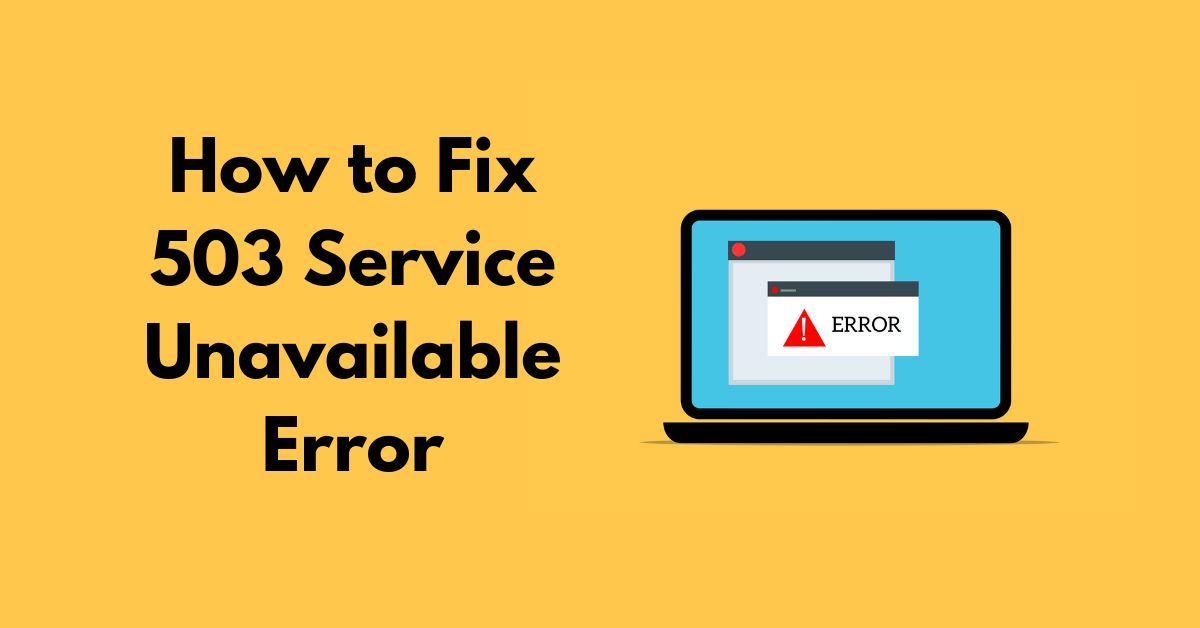digital marketing strategy is no longer an option but a necessity for businesses of all sizes. Whether you’re a startup or an established company, understanding and implementing an effective digital marketing strategy can set you apart from the competition and ensure sustained growth.
What is Digital Marketing?
Definition and Importance
Digital marketing refers to all marketing efforts that use the internet or an electronic device. Businesses leverage digital channels such as search engines, social media, email, and other websites to connect with current and prospective customers. In a world where over 4.6 billion people are online, digital marketing has become the most effective way to reach a global audience.
Traditional Marketing vs. Digital Marketing
While traditional marketing methods like print ads and TV commercials are still in use, digital marketing offers more versatility, cost-effectiveness, and a higher return on investment (ROI). Unlike traditional marketing, digital marketing allows businesses to interact with their audience in real-time, track customer behavior, and adjust strategies on the fly.
Why a Digital Marketing Strategy is Crucial
Aligning with Business Goals
A well-crafted digital marketing strategy aligns with your business goals, ensuring that every marketing effort contributes to your company’s long-term objectives. Whether your goal is to increase brand awareness, generate leads, or boost sales, a digital marketing strategy provides a clear roadmap to achieve these targets.
Staying Competitive in the Market
The digital marketplace is highly competitive, and without a solid strategy, your business could easily fall behind. A digital marketing strategy helps you stay ahead by keeping your brand visible, engaging with your audience, and adapting to changing market trends.
Read More: WordPress Website Design for Beginners
Key Components of a Digital Marketing Strategy
SMART Goals in Digital Marketing
Setting clear and achievable objectives is the cornerstone of any successful digital marketing strategy. SMART goals—Specific, Measurable, Achievable, Relevant, and Time-bound—provide a framework that guides your marketing efforts and helps you measure success.
Understanding Key Performance Indicators (KPIs)
Key Performance Indicators (KPIs) are measurable values that demonstrate how effectively your digital marketing strategy is achieving your objectives. Whether it’s website traffic, conversion rates, or social media engagement, KPIs give you a clear picture of what’s working and what needs improvement.
Identifying Your Target Audience
Creating Buyer Personas
Understanding your target audience is crucial for tailoring your digital marketing strategy. Buyer personas are semi-fictional representations of your ideal customers based on market research and real data. These personas help you understand your audience’s needs, preferences, and behaviors, enabling you to create more effective marketing campaigns.
Segmenting Your Audience
Audience segmentation involves dividing your broader audience into smaller groups based on shared characteristics. This could be based on demographics, behavior, or purchasing habits. By segmenting your audience, you can deliver more personalized and relevant content, increasing engagement and conversion rates.
Conducting a Competitor Analysis
Analyzing Competitor Strategies
Competitor analysis is an essential part of developing your digital marketing strategy. By examining your competitors’ strategies, you can identify what works for them and uncover opportunities that you can capitalize on. This analysis helps you stay competitive and informed about industry trends.
Finding Opportunities and Gaps
Understanding your competitors also allows you to identify gaps in the market. These gaps represent opportunities for your business to offer something unique or underserved, giving you a competitive edge.
Read More: The Importance of Websites for Business 2024
Digital Marketing Channels and Tactics
On-Page SEO Techniques
SEO is the process of optimizing your website to rank higher in search engine results pages (SERPs). On-page SEO focuses on optimizing individual web pages by incorporating keywords, improving page speed, and enhancing user experience. These techniques help search engines understand your content and rank it higher for relevant queries.
Off-Page SEO Strategies
Off-page SEO refers to actions taken outside of your website to impact your rankings within SERPs. This includes building backlinks, social media marketing, and influencer outreach. Off-page SEO helps build your site’s reputation and authority, making it more likely to rank highly.
Content Marketing
Creating Valuable Content
Content marketing is about creating and distributing valuable, relevant, and consistent content to attract and retain a clearly defined audience. This can include blog posts, videos, infographics, and more. The key is to provide content that solves problems, answers questions, and adds value to your audience’s lives.
Content Distribution Channels
Creating great content is only half the battle; you also need to ensure it reaches your target audience. Content distribution channels include your website, social media, email newsletters, and third-party platforms. A well-rounded content distribution strategy ensures your content gets seen by the right people at the right time.
Social Media Marketing
Choosing the Right Platforms
Not all social media platforms are created equal, and choosing the right ones for your business is crucial. Consider where your target audience spends their time—whether it’s Facebook, Instagram, LinkedIn, or another platform—and focus your efforts there. Each platform offers unique features and advertising options that can help you reach your goals.
Engaging with Your Audience
Social media is not just about broadcasting your message; it’s about building relationships. Engaging with your audience through comments, likes, shares, and direct messages helps foster a sense of community and loyalty around your brand.
Read More: The Power of Digital Marketing 2024
Email Marketing
Building an Email List
Email marketing remains one of the most effective digital marketing channels. Building an email list involves collecting contact information from potential customers, typically through a signup form on your website or landing pages. Offering incentives like discounts or exclusive content can encourage more signups.
Crafting Effective Email Campaigns
Once you have an email list, crafting effective email campaigns is key to maintaining engagement. This includes writing compelling subject lines, personalizing content, and including clear calls to action. Regularly analyzing your email metrics—like open rates and click-through rates—can help you refine your approach over time.
Measuring and Adjusting Your Strategy
Analyzing Data and Making Informed Decisions
Data is the backbone of digital marketing. By tracking performance metrics like website traffic, conversion rates, and ROI, you can analyze what’s working and what isn’t. This data-driven approach allows you to make informed decisions and continually optimize your strategy.
A/B Testing and Experimentation
A/B testing involves comparing two versions of a webpage or email to see which one performs better. This technique helps you understand what resonates with your audience and can lead to significant improvements in your digital marketing efforts.
Adapting to Market Changes
Staying Updated with Industry Trends
The digital marketing landscape is constantly evolving, and staying updated with the latest trends is essential. This includes new technologies, changes in consumer behavior, and updates to search engine algorithms. Keeping your finger on the pulse ensures your strategy remains relevant and effective.
Pivoting Your Strategy When Necessary
Sometimes, despite your best efforts, a digital marketing strategy may not deliver the desired results. In such cases, it’s important to be flexible and willing to pivot. Whether it’s a minor tweak or a complete overhaul, adjusting your strategy ensures continued success in a dynamic market.
Read More: Web Hosting Guide for Beginners
Conclusion
The Future of Digital Marketing
As technology continues to advance, the future of digital marketing looks promising. Emerging trends like artificial intelligence, voice search, and augmented reality are set to revolutionize how businesses connect with their audiences. Staying ahead of these trends will be crucial for long-term success.
Final Thoughts on Building a Digital Marketing Strategy
Building a successful digital marketing strategy requires careful planning, continuous learning, and the ability to adapt. By setting clear goals, understanding your audience, and leveraging the right channels, you can create a strategy that drives growth and achieves your business objectives.
FAQs
What are the essential tools for digital marketing?
Essential tools for digital marketing include Google Analytics for tracking website performance, SEMrush for SEO analysis, Mailchimp for email marketing, and Hootsuite for social media management.
How often should I update my digital marketing strategy?
Your digital marketing strategy should be reviewed and updated at least once a year. However, it’s important to make adjustments whenever there are significant changes in your business goals, audience behavior, or industry trends.
What is the difference between B2B and B2C digital marketing?
B2B (business-to-business) digital marketing focuses on selling products or services to other businesses, often requiring more detailed content and a longer sales cycle. B2C (business-to-consumer) digital marketing targets individual consumers, typically involving more emotional and persuasive messaging.
Can small businesses benefit from digital marketing?
Absolutely! Digital marketing offers small businesses the opportunity to compete with larger companies by reaching a wider audience, building brand awareness, and driving sales at a relatively low cost.
How do I measure the success of my digital marketing strategy?
Success in digital marketing is measured through KPIs like website traffic, conversion rates, customer engagement, and ROI. Regularly reviewing these metrics allows you to gauge the effectiveness of your strategy and make necessary adjustments.




